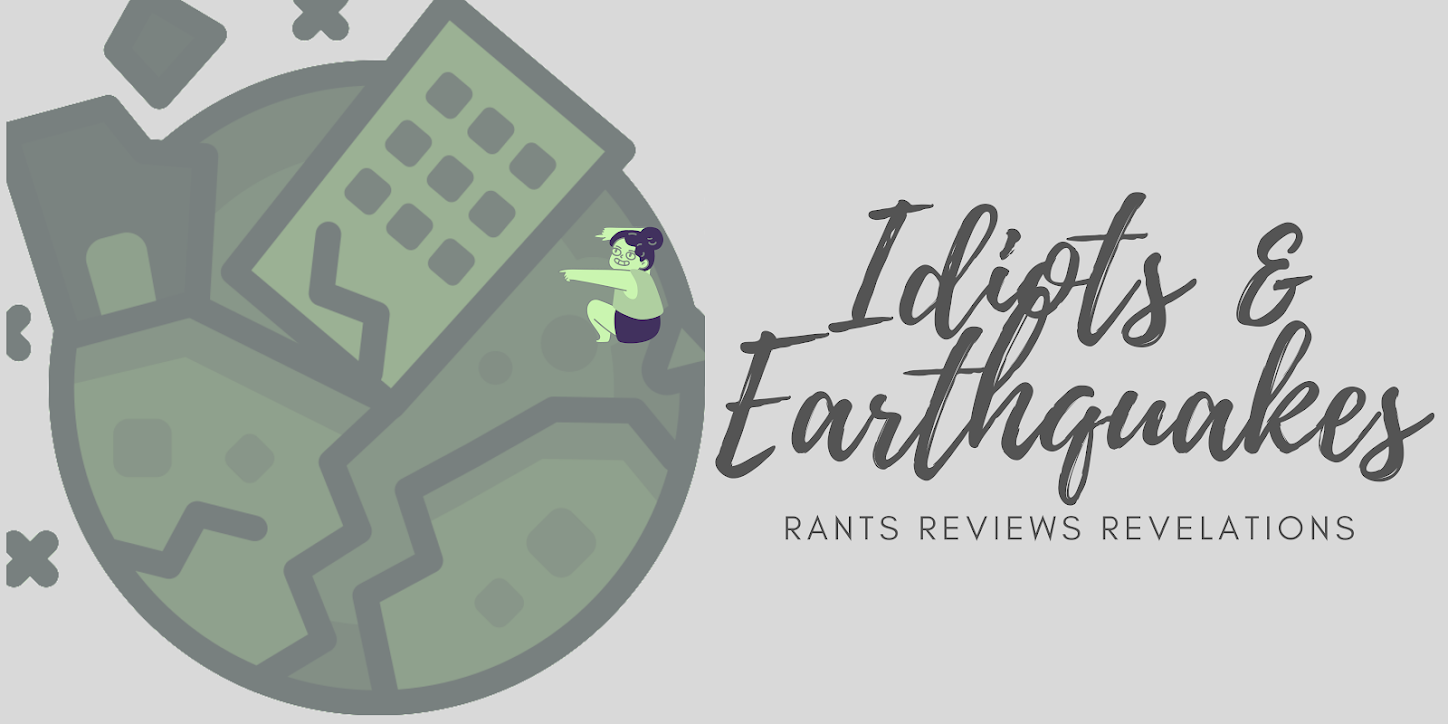Fantasy, Above and Beyond
The fantasy genre has become very popular these last years. The current explosion has bestowed on us many examples of good and bad fantasy productions, thereby reviving the genre in the process. Some might say that the
Harry-Potter series
is to "blame" for a new-found interest, others believe, that Tolkien's long wind continues to create a never-ending stream of fantastic medieval good-versus-bad stories. A minor group holds the view that the advancements in special effects are the ignition key for the creation of fantastic worlds. At least for the adaptations we see in cinema. So it's chicken-and-egg! Either way, in principle, I'm happy about the prominence of fantasy in our daily movie and book routine, but of course, there is some inevitable consequence for the genre in the long run. It's getting milked!

Guilty Pleasures
 |
| An example for a horrible cover: you would never guess that the story is superb |
|
|
In the past 30 years there were few but great movies out there, take the brilliant
Dragonheart
, the effervescent
Willow
or the ambitious animated version of
Lord of the Rings
from 1978. There are some other good stories and adaptations from this era, but nothing compared to the recent gold rush of the last 5 to 10 years. I have to say that what I liked most about the earlier days of fantasy was that the genre was always considered uncool. To watch and enjoy those movies wasn't something anyone would ever have admitted to voluntarily. It was nerdy to know the backstory of LotR, the
Silmarillion
, or to have many fantasy books on display in one's bookshelf. If you don't know what I'm talking about, look up those classic stories in the dusty rear shelf of your local book store. Of course, the modern stories oftentimes have more tasteful covers, so you have to check for books written in the 60s or 70s.

Anyhoo, they had really tasteless sort of self-painted images with horrible fonts in the front and all in all it was nothing to be proud of at all to call yourself a fantasy fan. Maybe there was even a little beating up in the cards, especially for boys who were outspoken enthusiasts.





Fantasy on Discount
Now, it's quite the reverse. It's uncool,
not to be a friend of fantasy. Movies carelessly adopt fantastic elements and the result is sort of fantasy, sometimes indistinguishable similar, at least visually. The stories behind mostly don't live up to the technological background of the FX, they are uninspired and boring in equal measure. I ranted about
Avatar
with its polished look and non-existent storyline. A large amount of ever so crappy stories makes it onto the big screen. Again, milking it!
The problem with
milking is that every material, good or bad, deserving or undeserving does make it onto the screen, creating an inflationary trend oversaturating and flooding the market until people can't stand the sight of it anymore. It's an economic reality that our beloved suits found their way into the entertainment sector to make some money there too, and as we all know, they don't care about the long run, meaning entirely ruining a whole niche while sucking it dry.
They don't care, because it's their job to cash in as quickly as possible and to then move on to the next money-making prospect, maybe sci-fi, maybe crime stories, I don't now. So in the absolute abundance of fantasy materials we are witnessing right now, it's clearly becoming an endangered species. A contradictory process.
A Possible Uprise
I always do look on the bright side, as grim as the outlook seems to be at the moment. Maybe the imminent downfall of fantasy is exactly what the genre needs, a push to move on to the next level to become unique and rich in content, so that a masterpiece like
The Golden Compass
once again has a chance to stand out and doesn't get lost in the myriad of materials. Because good stories should have a chance to be recognized as such. Because there are genuine stories of premium quality out there. Because they shouldn't be on discount.






